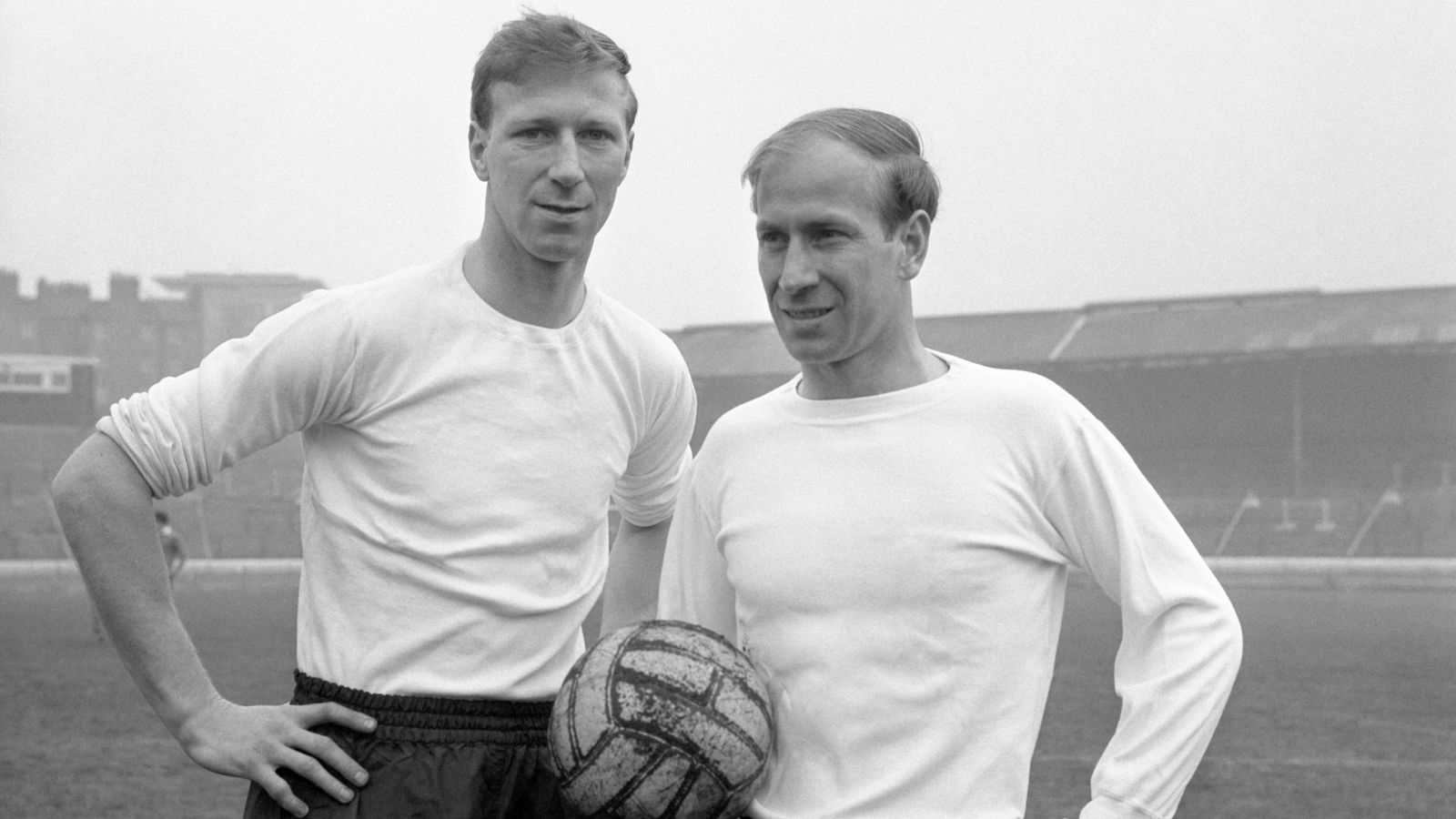Professional footballers are at an increased risk of developing dementia depending on the length of their careers and their playing position, according to a landmark study.
The research was based on the health records of around 8,000 former professional footballers in Scotland and found that the risk of goalkeepers developing a neurodegenerative disease was similar to general population levels.
Outfield players, however, were almost four times as likely as an ordinary member of the public, with defenders developing dementia in later life roughly five times more often than the public at large.
The findings were the same for players regardless of the era in which they competed, with the study including data on players who played in the 1930s all the way through to the 1990s.
The research was conducted by researchers at the University of Glasgow, led by Professor Willie Stewart, and is published in the journal JAMA Neurology.
It adds to the findings of a previous study of 7,500 former professional footballers that found they were three-and-a-half times more likely to die from dementia than non-players in the same age range.
The new research finds that despite changes in football technology and head injury management over the decades, there is no evidence the risk of neurodegenerative disease risk has changed among professional footballers from around 1930 to the late 1990s.
It follows the deaths of two of English football’s greatest heroes – Jack Charlton and Nobby Stiles – who suffered with dementia before their deaths. Jack’s brother Sir Bobby Charlton has also been diagnosed with dementia.
A Sky News investigation has found that that more than half of Burnley FC’s first 11 from their championship-winning 1959/60 season have died from or are suffering with dementia.
It comes as the game’s main governing bodies have agreed that the amount of heading the players will do in training across the adult game in English football will be severely restricted from next season onwards.
The training guidance will not affect the rules of the game.
Follow the Daily podcast on Apple Podcasts, Google Podcasts, Spotify, Spreaker
Under the scheme, professional clubs will be directed to limit “high force” headers – which follow a long pass of more than 35 metres (115 feet), or from crosses, corners and free-kicks – to 10 per training week.
Last month, MPs called on ministers to introduce a UK-wide minimum concussion protocol by July next year.
It comes almost 20 years after former England striker Jeff Astle died at the age of 59, having developed dementia.
Lenny Woodward, a former rugby union and rugby league player for Wales, suffered multiple concussions during his career and was diagnosed with dementia at the age of just 45.






















